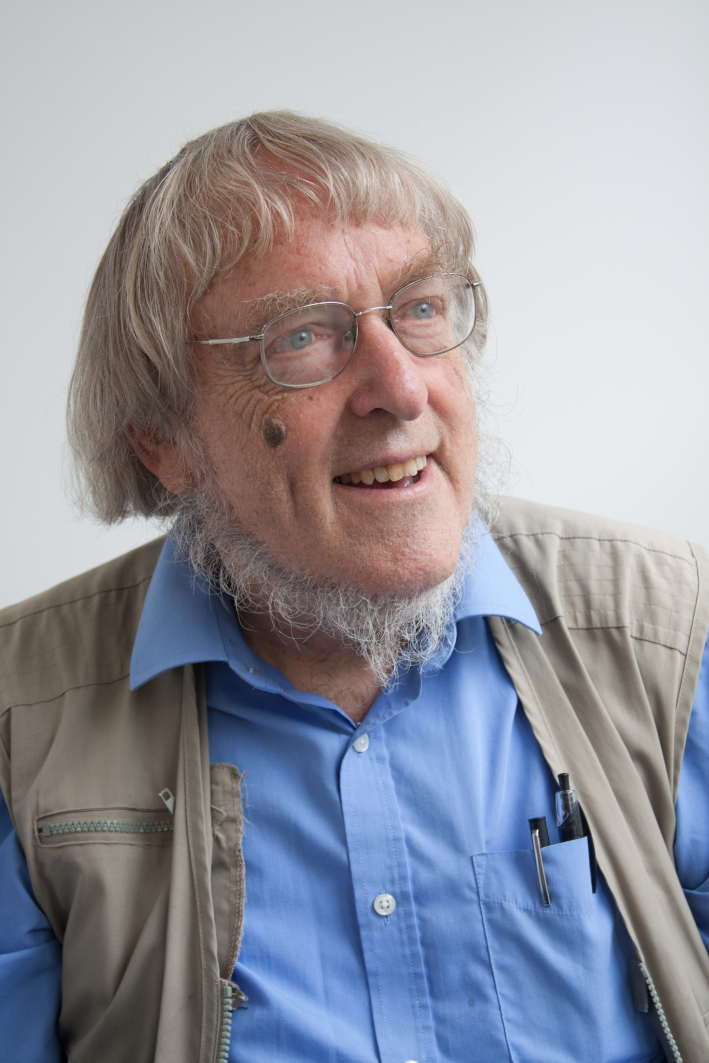 This page is under
construction (and probably always will be!)
This page is under
construction (and probably always will be!)
Welcome to my new homepage on GitHub.
 This page is under
construction (and probably always will be!)
This page is under
construction (and probably always will be!)
I am an Emeritus Professor in the School of Mathematics and Statistics at the University of St Andrews, and an Emeritus Professor of Mathematics at Queen Mary, University of London. In addition, I am an associate researcher at CEMAT, University of Lisbon, Portugal.
I am a Fellow of the Royal Society of Edinburgh.
About me
On this site
|

|
Elsewhere
|
The famous theorem of Frobenius can be stated in two different-looking ways:
This led to two rather different extensions of the theorem. On the permutation group side, Zantema (in connection with a number theory problem) examined the fixed-point-free elements in an arbitrary transitive group, and this was taken further by Bailey, Giudici, Royle and me who posed the following problem. If D(G) is the subgroup generated by fixed-point-free elements, what can the "derangement quotient" G/D(G) be? Clearly any Frobenius complement can occur, but we found some other examples.
On the abstract group side, Wielandt generalised Frobenius' theorem to a class of groups now called Frobenius–Wielandt groups, and Scoppola examined which groups of prime power order could occur as "Frobenius–Wielandt complements".
We have now joined forces and shown that the two approaches are more-or-less equivalent; each throws more light on the other, and in particular, Scoppola's results give further examples of derangement quotients.
The paper by Bailey, Gavioli, Scoppola and me is here.
Old research snapshots are kept here.
| I am Honorary Editor-In-Chief of the Australasian Journal of Combinatorics, an international open-access journal published by the Combinatorial Mathematics Society of Australasia. |
|
School of Mathematics and Statistics
University of St Andrews North Haugh St Andrews, Fife KY16 9SS SCOTLAND |
Fax: +44 (0)1334 46 3748 Email: pjc20(at)st-arthurs(dot)ac(dot)uk [oops – wrong saint!] |
Page revised 21 April 2025 |
A beautiful theorem of Bettina Eick shows that a finite group G is isomorphic to the Frattini subgroup of a finite group if and only if its inner automorphism group is contained in the Frattini subgroup of its automorphism group.
Consider the following question: Given a finite group G, is it isomorphic to the derived group of a finite group? Embarrassingly, we don't know if this question is even decidable!
Problem: Show that the above question is decidable and give an algorithm to decide it.
Old poblems are kept here.